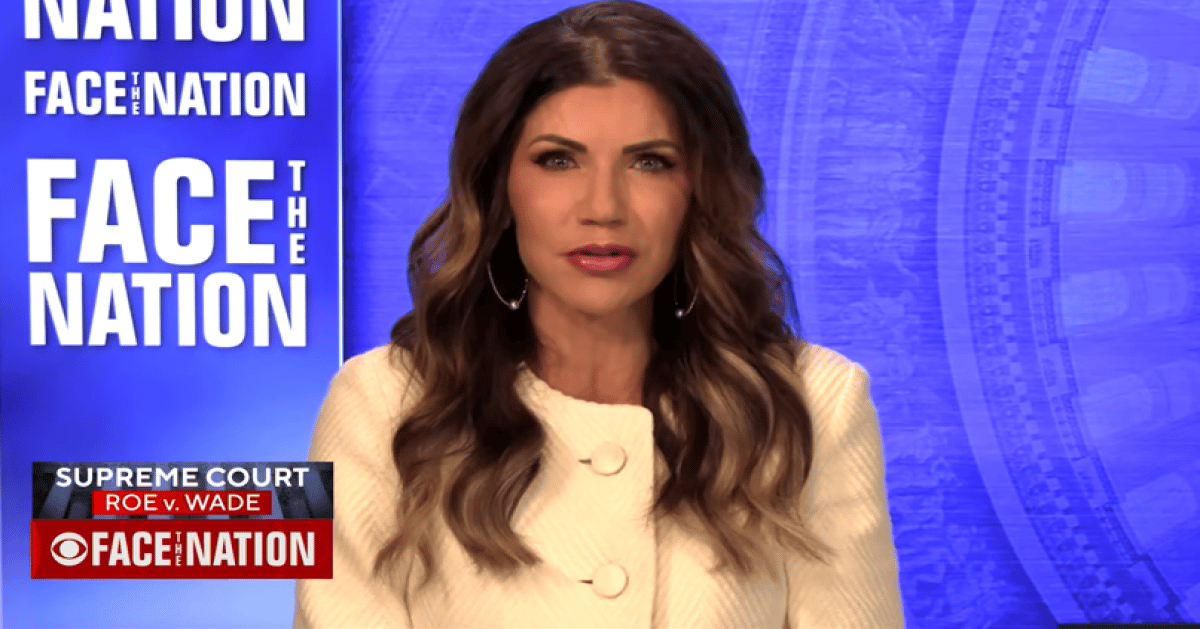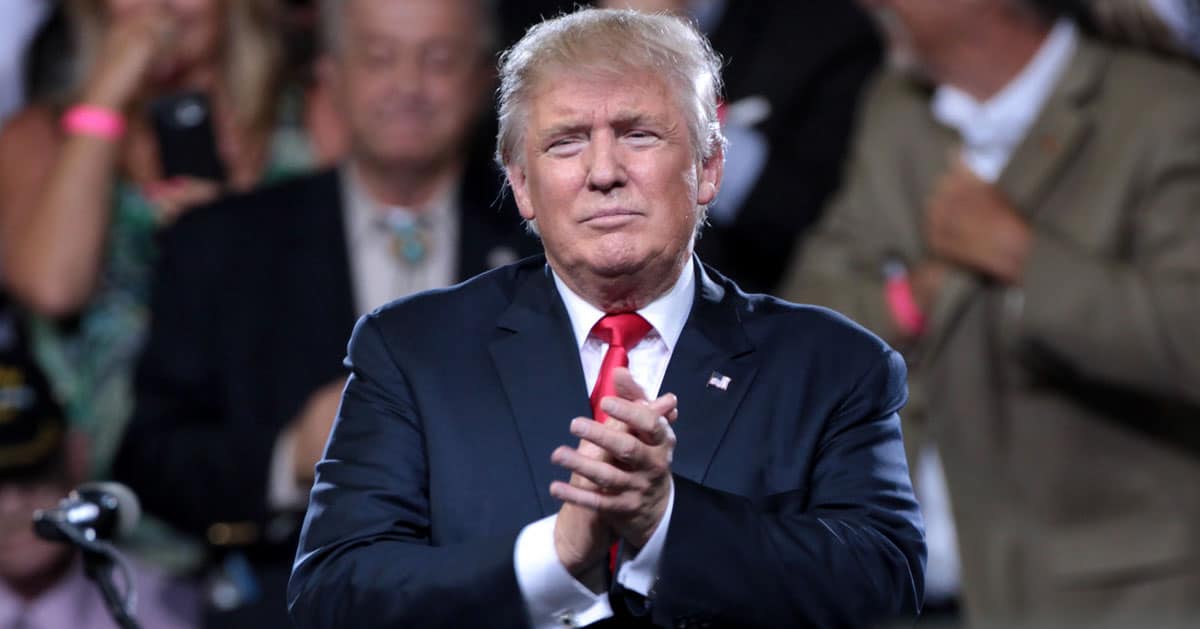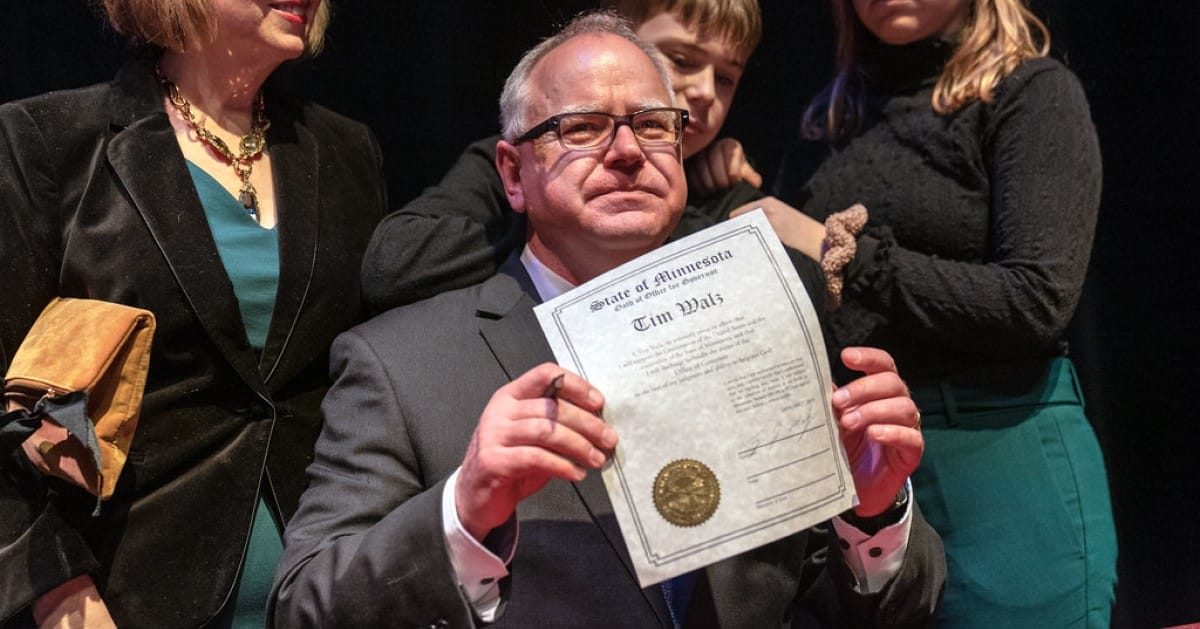





President Donald Trump has abruptly ended Secret Service protection for former Vice President Kamala Harris, a move that’s raising eyebrows as she gears up for a high-profile book tour.
Fox News reported that on Thursday, Trump rescinded an executive memorandum signed by former President Joe Biden, stripping Harris of her extended security detail effective September 1, 2025.
This decision, confirmed by Harris’ spokesperson to Fox News, reverses Biden’s order to provide Harris with Secret Service protection for an additional year beyond the standard six months afforded to former vice presidents. No explanation accompanied Trump’s order, leaving many to speculate about the motives behind this sudden shift.
Vice presidents typically enjoy Secret Service protection for six months post-tenure, a standard practice to ensure their safety during the transition from public office.
Biden’s memorandum had extended Harris’ coverage, acknowledging her continued prominence and potential vulnerabilities. Trump’s revocation, however, pulls the plug early, exposing Harris to private security costs just as her public appearances are set to increase.
Harris is preparing to launch a nationwide tour for her book, "107 Days," with stops planned in major cities like New York, Philadelphia, and Los Angeles starting in late September 2025.
Without Secret Service protection, she’ll need to arrange and fund private security, a significant burden for any former official, no matter their politics. The timing of Trump’s decision feels like a jab, especially given the lack of stated reasoning.
The Secret Service was notified of the revocation on August 28, 2025, giving Harris and her team mere days to adjust. This abrupt timeline suggests either a deliberate snub or a bureaucratic oversight, though the former seems more likely given the political context.
Harris’ supporters might cry foul, but the move aligns with Trump’s knack for bold, headline-grabbing decisions. Interestingly, Harris’ husband, Doug Emhoff, had his Secret Service protection terminated in July 2025, as reported by The Wall Street Journal.
This earlier decision set a precedent, signaling that Trump’s administration is not inclined to extend courtesies to former Democratic officials. It’s a stark reminder of the political divide, where even security protocols become battlegrounds.
The Secret Service website clarifies that former presidents and their spouses receive lifetime protection unless they opt out, a privilege not extended to vice presidents.
Harris, as a former vice president, was never entitled to indefinite coverage, but Biden’s memorandum aimed to bridge that gap. Trump’s reversal underscores a return to the standard six-month rule, though the optics suggest something more personal.
Critics might argue this move prioritizes political point-scoring over safety. Harris, a polarizing figure in progressive circles, remains a target for both ideological opponents and those drawn to her high-profile status. Denying her protection could be seen as reckless, even if it’s within Trump’s legal authority.
Yet, from a conservative perspective, Trump’s decision reflects a commitment to fiscal restraint and fairness. Why should Harris receive special treatment beyond what’s standard for her role? The extra year of protection, courtesy of Biden’s pen, could be viewed as an overreach, especially when taxpayers foot the bill.
Harris’ upcoming book tour adds urgency to the debate. Public events in major cities demand robust security, and without federal support, her team faces logistical and financial hurdles. It’s a practical concern that could overshadow her promotional efforts for "107 Days."
Some might see Trump’s move as a clever way to kneecap Harris’ visibility. A less secure tour could limit her ability to connect with audiences, dampening her influence as a Democratic voice. It’s a subtle but effective tactic, if intentional.
Still, fairness demands acknowledging Harris’ resilience. She’s navigated political storms before and will likely adapt, albeit at a cost. Her team’s ability to pivot to private security will be tested, but it’s not an insurmountable challenge.
The revocation of Harris’ protection feels like a symbolic flex, signaling that Trump’s administration plays by its own rules. It’s a reminder to progressives that the MAGA agenda doesn’t coddle opponents, even on matters of tradition like security. Yet, the lack of transparency risks fueling accusations of pettiness.
Conservatives might cheer this as a stand against entitlement, arguing that Harris shouldn’t expect taxpayer-funded perks indefinitely.
But moderates could view it as a step too far, needlessly escalating tensions in an already polarized climate. Empathy for Harris’ safety doesn’t mean endorsing her politics—it’s just common sense.



